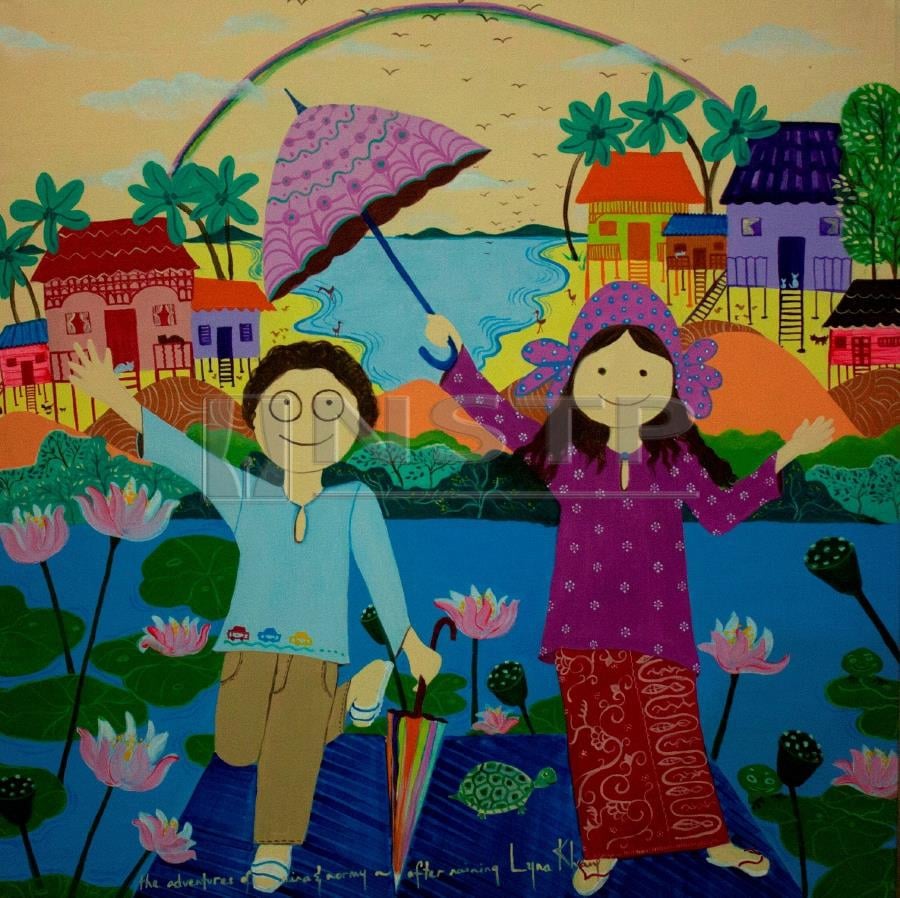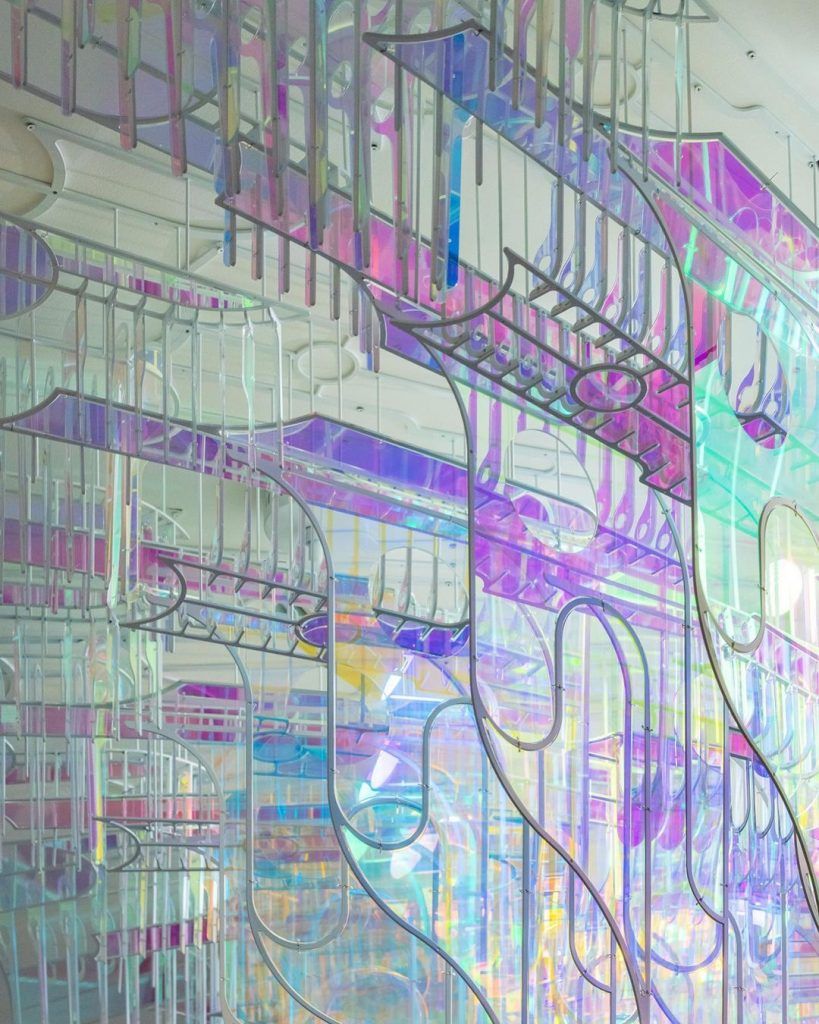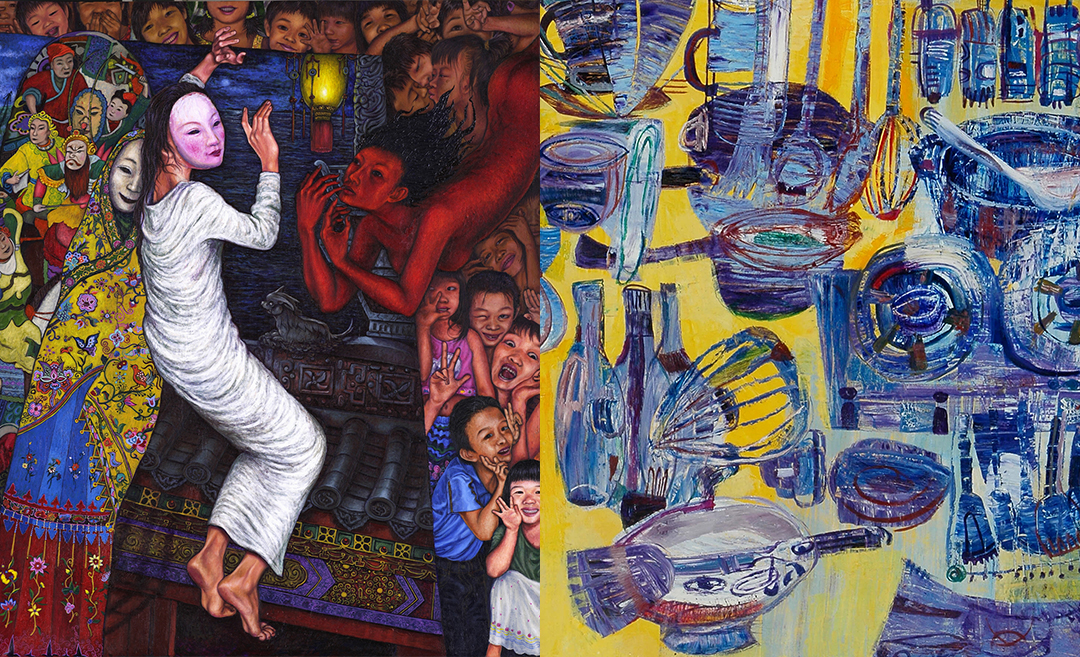Malaysia’s Thriving Arts Scene

Overview of Malaysia’s Arts Scene
Historical Background
Malaysia’s arts scene is a rich tapestry woven from its diverse cultural heritage. Historically influenced by indigenous traditions, colonial encounters, and the migration of various ethnic groups, the arts have evolved into a vibrant expression of identity. For instance, traditional crafts like batik and songket showcase the intricate skills passed down through generations, embodying the country’s artistic legacies.
Diversity of Art Forms
Today, Malaysia boasts an impressive array of art forms that reflect this cultural confluence, including:
- Visual Arts : Paintings, sculptures, and installations
- Performing Arts : Dance, theatre, and music
- Literature : Poetry and prose in numerous languages
This diversity not only fascinates local audiences but also attracts global interest. Each art form serves as a window into Malaysia’s multifaceted identity, showcasing the creativity and innovation of its artists.

Major Art Institutions in Malaysia
National Art Gallery of Malaysia
The National Art Gallery of Malaysia stands as a beacon for local artists and art enthusiasts alike. With its extensive collection, it celebrates the evolution of Malaysian art, hosting exhibitions that showcase both established and emerging talent. I remember visiting a groundbreaking exhibit there, feeling the pulse of creativity buzzing around me.
Malaysia Design Archive
Next, the Malaysia Design Archive is a treasure trove for design lovers, documenting the historical and contemporary design landscape of the nation. This institution not only preserves design history but also promotes awareness of Malaysian creativity. It’s a must-visit for anyone interested in graphic design, as it highlights influential works that have shaped Malaysian aesthetics.
Wei-Ling Gallery
Lastly, the Wei-Ling Gallery has gained a reputation for its innovative showcases of contemporary art. This gallery features a rotating roster of exhibitions that often provoke thought and discussion among visitors. I recall stumbling upon a stunning installation that challenged societal norms, reminding me of the power of art in sparking dialogue.
Together, these institutions form the backbone of Malaysia’s vibrant arts scene, fostering a deep appreciation and connection to the creative expressions of its people.

Traditional Malaysian Arts
Wayang Kulit (Shadow Puppetry)
Continuing our exploration of Malaysia’s rich artistic heritage, traditional arts like Wayang Kulit—an enchanting form of shadow puppetry—captivate audiences with their intricate storytelling. I vividly remember attending a performance where the delicate puppets danced behind a screen, bringing ancient tales to life. The craftsmanship involved in creating these puppets is a true testament to Malaysian artistry.
Joget Dance
Next, the Joget dance represents the lively spirit of Malaysian culture. Typically performed at celebrations and events, this dance is characterized by its upbeat rhythm and energetic movements. I fondly recall joining a local festival where participants taught me the steps, fostering a sense of community and unity through music and dance.
Wau Bulan (Moon Kite)
Lastly, the Wau Bulan, or moon kite, is a beautiful cultural symbol of Malaysia. These kites, with their stunning designs, are often flown during festivals and competitions. I remember being mesmerized by their vibrant colors soaring against the blue sky, an experience that highlighted the joy and creativity inherent in traditional crafts.
Together, these traditional art forms underscore Malaysia’s cultural diversity and history, enriching the country’s vibrant arts landscape.

Contemporary Art in Malaysia
Street Art in Penang
Transitioning into the contemporary art scene, street art in Penang has transformed urban spaces into vibrant galleries, inspiring both locals and tourists. I fondly recall wandering through Georgetown’s streets, captivated by murals that tell stories of the city’s rich heritage. Artists like Ernest Zacharevic have made their mark, creating pieces that engage the community and provoke thought.
Emerging Local Artists
Emerging local artists are also making waves in the contemporary art landscape. Many are challenging traditional norms and exploring new mediums, such as digital art and installations. I recently attended an exhibition featuring young talents whose innovative works sparked discussions on identity and social issues, showcasing the dynamic nature of Malaysian creativity.
International Art Collaborations
Finally, international art collaborations are enriching Malaysia’s artistic dialogue. Events like the George Town Festival often bring together artists from various backgrounds, fostering cross-cultural exchanges. I was particularly impressed by a collaborative installation that combined elements from Malaysian and foreign artists, celebrating diversity while uniting different perspectives.
Together, these developments highlight the evolution of contemporary art in Malaysia, embracing innovation and cultural exchange while reflecting the spirit of its people.

Support for the Arts in Malaysia
Government Initiatives
As the contemporary art scene flourishes, support for the arts in Malaysia is gaining momentum through various channels. Government initiatives play a crucial role, with programs aimed at promoting cultural heritage and funding artistic projects. For example, the National Arts Fund has facilitated numerous exhibitions and workshops, allowing artists to thrive and share their talents with the community.
Corporate Sponsorships
Corporate sponsorships also significantly bolster the arts landscape. Many businesses recognize the value of associating with local artists, contributing to events such as art festivals and gallery openings. I recall visiting an exhibition sponsored by a local bank, where their support helped showcase emerging talents, fostering a strong connection between art and commerce.
Community Involvement
Lastly, community involvement is vital for nurturing the arts. Grassroots organizations and local communities often come together to host events that celebrate local talent. I have enjoyed participating in community art fairs where neighbors display their work, fostering a sense of collaboration and appreciation for creativity.
Together, these elements create a supportive ecosystem that empowers the arts in Malaysia, encouraging diverse voices and innovative expressions to flourish.

Challenges and Opportunities in Malaysia’s Arts Scene
Funding Constraints
Despite the flourishing support for the arts, challenges remain. Funding constraints continue to be a significant hurdle for many artists and institutions. While government initiatives provide some assistance, securing sufficient resources often feels like an uphill battle. I remember speaking with an emerging artist who shared their struggles in obtaining grants, yet their passion for art never wavered.
Digital Innovation in the Arts
On the brighter side, digital innovation opens up exciting opportunities for artists. Many are leveraging social media and online platforms to showcase their work, reach wider audiences, and sell their creations. I personally witnessed a local muralist gain immense popularity through Instagram, connecting with a global audience and securing commissions that were once unimaginable.
Role of Education
Moreover, the role of education in empowering the arts cannot be understated. Art schools and community workshops are increasingly focusing on nurturing creativity while integrating technology into their programs. I recall attending a workshop where participants explored digital art techniques, illustrating how education can bridge traditional methods with modern approaches.
Together, these challenges and opportunities shape Malaysia’s arts scene, encouraging resilience while fostering innovative pathways for growth and expression.

Impact of Malaysian Arts on Society
Cultural Preservation
As we reflect on the challenges and opportunities in Malaysia’s arts scene, it’s vital to consider the profound impact that the arts have on society. One of the most significant contributions is cultural preservation. Traditional art forms like batik and wayang kulit not only celebrate heritage but also educate younger generations about their roots. I often marvel at how these practices keep ancestral stories alive.
Tourism Promotion
Additionally, Malaysian arts play a crucial role in tourism promotion. Festivals, art exhibitions, and traditional performances attract visitors, eager to experience the country’s rich cultural tapestry. I recall attending the George Town Festival, where tourists mingled with locals, all captivated by the vibrant displays of art and performance. Such events not only showcase talent but also drive economic growth.
Social Cohesion
Finally, the arts foster social cohesion among diverse communities. Art initiatives frequently bring people together, bridging cultural divides and promoting understanding. I’ve seen how collaborative art projects unite individuals from various backgrounds, creating shared narratives that strengthen community bonds.
In essence, the impact of Malaysian arts on society is multifaceted, enriching cultural heritage, boosting tourism, and cultivating unity among its diverse populace.

Conclusion
Recap of Malaysia’s Vibrant Arts Landscape
Reflecting on the intricate tapestry of Malaysia’s arts scene, it’s clear that traditional forms coexist beautifully with contemporary innovations. From the captivating Wayang Kulit to vibrant street art in Penang, the arts encapsulate the nation’s diverse heritage and contemporary struggles. Each artistic expression helps narrate stories of identity and culture, enriching our collective experience.
Future Prospects
Looking ahead, the future of Malaysian arts seems promising. With increasing support from government initiatives, corporate partnerships, and community involvement, artists can thrive in this expanding landscape. As technology continues to evolve, it will introduce new creative avenues for expression. I am excited to witness how the younger generation of artists will shape this ever-evolving narrative, ensuring that Malaysia’s arts scene remains dynamic and relevant.




